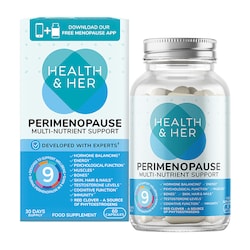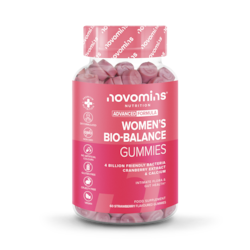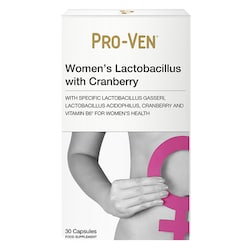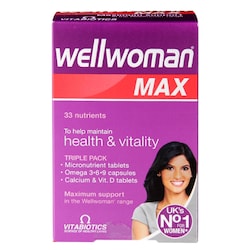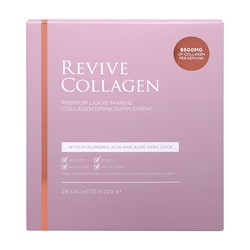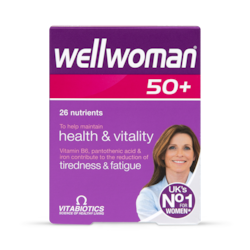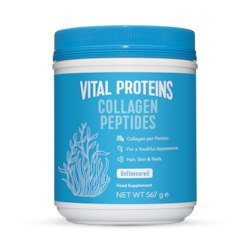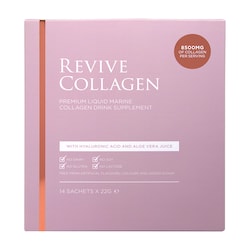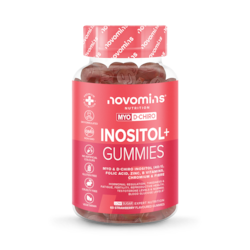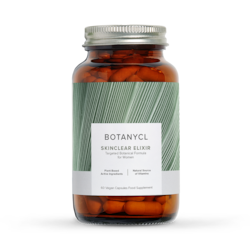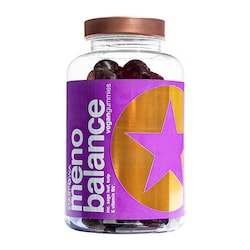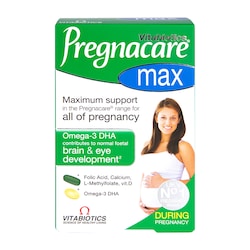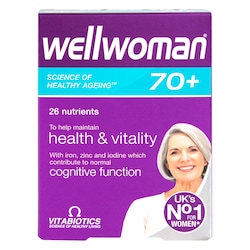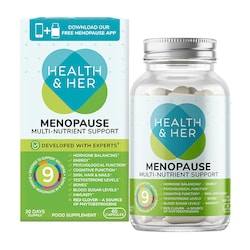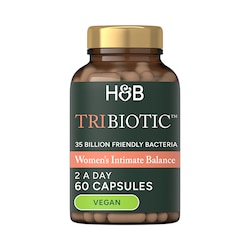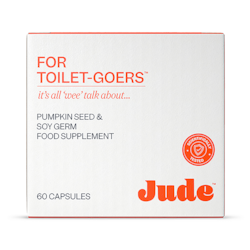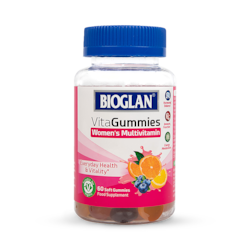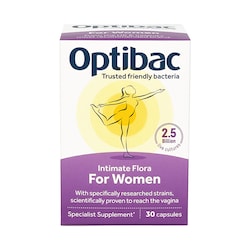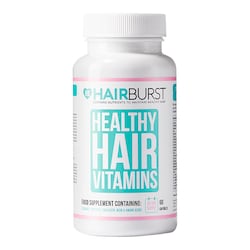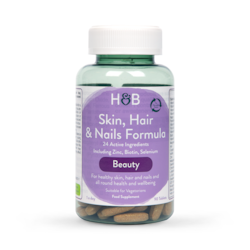20% off £30
Code:QUICK
Probiotics for women: 6 ways good bacteria can support women’s health

Probiotics are nature’s good guys. But what are they, how do they work and what are the benefits of probiotics for women?
Summary
1What are probiotics and why are they important?
Probiotics are good bacteria found naturally in our bodies. They’re often called friendly bacteria due to their role in keeping the bad bacteria in...
26 key benefits of probiotics for women
From fertility to urinary tract infections, probiotics can help protect the female body from a number of common women’s health problems...
3The three main groups of probiotics
Most probiotics come from one of these three groups: Lactobacillus (typically found in yoghurt and other fermented foods), Bifidobacterium (found...
Probiotics are live infection-fighting micro-organisms. They’re nature’s good guys. And they’re fast becoming as much a part of a healthy diet as eating your five-a-day.
Probiotics are naturally found in your gut, mouth, vagina, urinary tract, skin and lungs. Despite their humble nature, they offer a raft of health benefits. For example, for females prone to urinary tract infections and yeast infections, probiotics are a natural way to fight these infections.
But how do they work and where are they found? And how can they specifically help women and non-binary people?
What are probiotics and why are probiotics important?
Probiotics are good bacteria found naturally in our bodies. They’re often called friendly bacteria due to their role in keeping the bad bacteria in check. There are 100 trillion of these powerful living micro-organisms whizzing round our stomachs and intestines. What’s their job? To help keep our bodies in perfect microbial harmony.1
Probiotics can help our bodies with many important daily functions. Did you know that probiotics can help with fighting depression?2 They’re also credited with boosting our mood, supporting weight loss and fighting colds and flu? And not only that, they can help lower blood pressure and provide relief from the discomfort of cystitis and irritable bowel syndrome. That’s impressive stuff for something that you can’t even see.
6 key benefits of probiotics for women
From fertility to urinary tract infections, probiotics can help protect the female body from a number of common women’s health problems.
If you’ve ever suffered a urinary tract infection (UTI, often called cystitis) you’re not alone. Evidence suggests that 40-60% of women suffer a UTI at some point in their lives.3 And when it happens, you know about it. But the good news is that probiotics can help. Firstly, they can replenish naturally occurring vaginal bacteria. Secondly, they balance out the infection-causing bad bacteria with good bacteria. Together, this can reduce the frequency and risk of an uncomfortable UTI flare up.4
The right probiotics help to keep the vaginal microbiome in balance. This can reduce the risk of vaginal yeast infections, urogenital infections, and bacterial vaginosis. The dominant lactobacilli strains found in a healthy vagina, usually create an environment that’s too acidic for harmful microorganisms to survive. But spermicides, antibiotics and contraceptive pills can disrupt the natural balance. Probiotics work to restore the balance and keep common female urogenital problems in check.5
Probiotics could be beneficial for women trying to conceive. By keeping the vaginal tract healthy and happy, they can help with some conditions affecting fertility.6
We all get a bit run down from time to time. And cold and flu season can certainly take its toll on our immune systems. Add busy schedules, a hectic work-life balance and Covid-19 to the mix and it’s easy to see the attraction of supporting your immunity with some infection-fighting friendly bacteria.7
Maintaining a healthy gut is about more than just a healthy diet and ensuring you eat your five a day. Studies show that probiotics can help with maintaining a healthy gastrointestinal tract. This can contribute to keeping common GI illnesses at bay. If you suffer with bloating, constipation or diarrhoea, finding the right probiotic could help you get things under control.8
There’s a two-way relationship between the brain and digestive tract, known as the gut-brain axis. Based on this, some experts suggest that keeping your gut healthy may aid conditions including depression.9
Which probiotics are good for women and non-binary people?
Probiotics naturally occur in our gut. However, giving them a boost with probiotic-rich foods and supplements can help the good bacteria get to work.
Probiotic food sources

- Live bio yoghurt
- Fermented foods such as kimchi (fermented cabbage and other veggies)
- Unfiltered apple cider vinegar
- Kefir (a yoghurt-like milk drink)
- Sauerkraut (fermented cabbage)
- Miso (fermented soybean-based paste)
- Pickles
Always check food labels for ‘live and active cultures.’ You could also consider taking a probiotic supplement. Look for supplements supplying from 1-2 billion to 20 billion colony forming units (CFU per dose.) Also, select the supplement with the longest use-by date on the store shelf.10
Which probiotics are best?
Not all probiotics are the same. Different strains have different effects and offer up various benefits depending on the condition. Some will fight infection in the gut, others will fight it in the vagina. Some need to be hardy enough to survive the acid in our guts so they can get to the stomach intact. Whereas those needed to fight tooth decay only need to travel as far as the mouth.11
It goes without saying that it’s important to select the right strain for your own individual health needs. Knowing which specific probiotic strain to choose will help your body target the goodness where it’s needed most.
Taking a prebiotic in conjunction with probiotics is also recommended. Prebiotics are complex carbohydrates. You can find them in foods including wholegrain oatmeal, bananas and even onions.12
The three main groups of probiotics
Most probiotics come from one of these three groups13:
- Lactobacillus (typically found in yoghurt and other fermented foods)
- Bifidobacterium (found in some dairy products)
- Saccharomyces boulardii (a yeast)
For a healthy vagina: Look out for lactobacillus rhamnosus and lactobacillus fermentum strains. They help to keep vaginal microbes in balance.
To help with fertility: Add supplements and foods containing lactobacillus species to your shopping list. This strain protects the vaginal microbiome against pathogenic infections associated with infertility, pre-term labour and pregnancy risk factors.14
For gut health: For bloating and constipation, lactobacillus acidophilus or lactobacillus casei can help restore gut flora. For diarrhoea from gastroenteritis and food poisoning, lactobacillus strains may be more effective. However, if IBS is the cause of your upset tummy, try probiotics from saccharomyces boulardii and a combination of the lactobacillus and bifidobacterium strains.15
Summary: Are there specific benefits of probiotics for women?
From helping women maintain a healthy equilibrium, to targeting specific women’s health conditions, probiotics are nature’s micro superheroes. They offer a range of specific advantages for women’s health but selecting the right probiotic strain is key to accessing these benefits. Before taking probiotics, always do your research and seek advice from a pharmacist or GP where appropriate.
The advice in this article is for information only and should not replace medical care. Please check with your GP or healthcare professional before trying any supplements, treatments or remedies. Food supplements must not be used as a substitute for a varied and balanced diet and a healthy lifestyle.
- https://www.health.harvard.edu/vitamins-and-supplements/health-benefits-of-taking-probiotics
- https://www.gastrojournal.org/article/S0016-5085(17)35557-9/fulltext
- https://www.niddk.nih.gov/health-information/urologic-diseases/bladder-infection-uti-in-adults/definition-facts
- https://www.livescience.com/13747-good-bacteria-prevent-urinary-tract-infection.html
- https://www.health.harvard.edu/vitamins-and-supplements/health-benefits-of-taking-probiotics
- https://ndnr.com/womens-health/the-vaginal-microbiome-its-role-in-fertility-pregnancy-preterm-labor-risk/
- https://www.ncbi.nlm.nih.gov/pmc/articles/PMC4006993/
- https://www.ncbi.nlm.nih.gov/pmc/articles/PMC3539293/
- https://www.healthline.com/health/probiotics-depression#how-they-work
- https://www.healthline.com/nutrition/best-probiotic-supplement#TOC_TITLE_HDR_3
- https://www.webmd.com/oral-health/probiotics-gum-disease#2
- https://www.womenshealthmag.com/health/a19902426/know-before-taking-probiotics/
- https://www.webmd.com/digestive-disorders/what-are-probiotics
- https://ndnr.com/womens-health/the-vaginal-microbiome-its-role-in-fertility-pregnancy-preterm-labor-risk/
- https://www.healthline.com/nutrition/best-probiotic-supplement#TOC_TITLE_HDR_5


